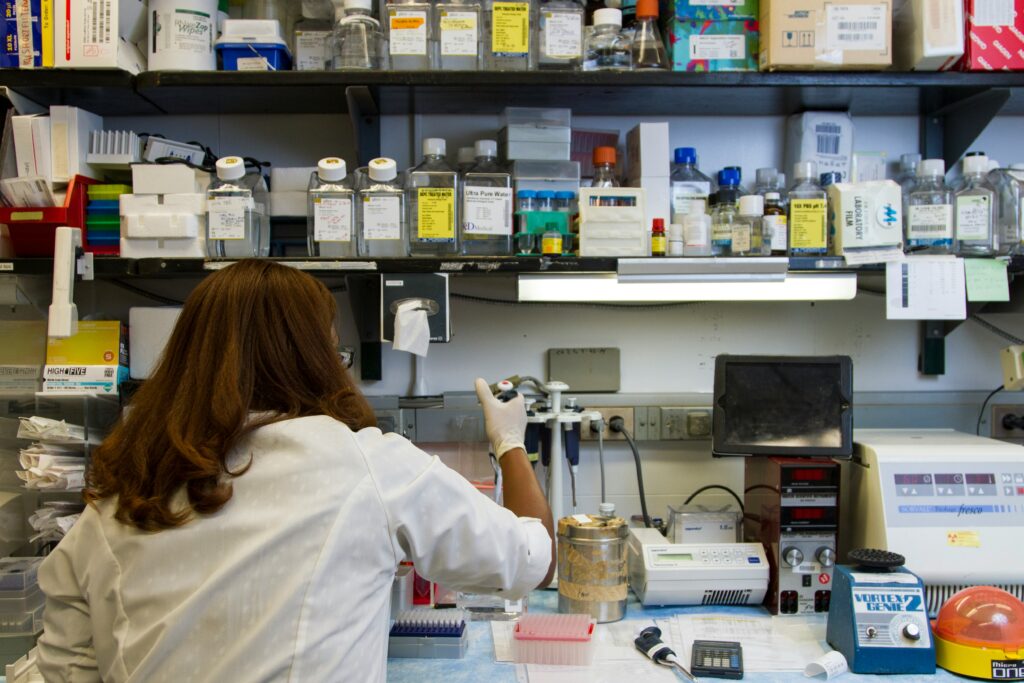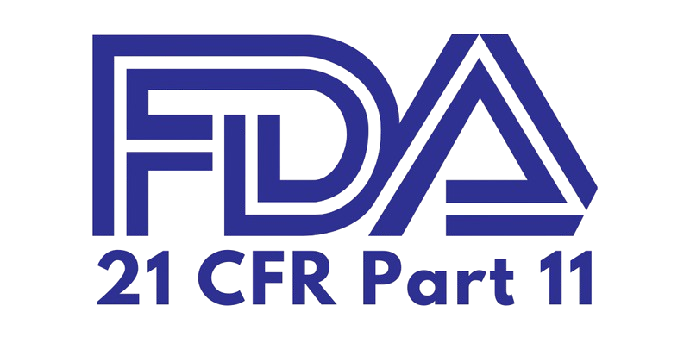
Medical labs are essential part of the healthcare system, but the significant and increasing burnout that many lab professionals are facing could have a significant impact on the quality and safety of patient care. If this problem persists, it could also impede the ability of labs to retain and recruit qualified individuals.
What causes staff burnout in medical labs?
Staff burnout in medical labs is caused by several factors, such as:
Lack of adequate staffing. The lab profession is facing a severe staffing shortage, which has been worsened by the Covid-19 pandemic. Lab professionals have to deal with heavy workloads and pressure to complete all testing, which can cause stress and fatigue.
Lack of understanding and support from management. Lab professionals feel undervalued and underappreciated by their managers and administrators, who may not recognize the importance and complexity of their work. Lab professionals also face challenges in advancing their careers and obtaining continuing education opportunities, which can affect their motivation and satisfaction.
Lack of control over schedule. Lab professionals have to work long and irregular hours, often on weekends and holidays, to meet the needs of the patients and the healthcare system. Lab professionals also have to deal with frequent interruptions and distractions, which can reduce their efficiency and increase their stress.
Lack of appreciation/recognition/respect. Lab professionals feel that their work is invisible and unacknowledged by the public, the media, and the policymakers, who may not understand the vital role of the lab in the healthcare and public health system. Lab professionals also face a lack of respect and collaboration from other healthcare professionals, who may not appreciate their expertise and input.
What are the potential solutions to the staff burnout in medical labs?
The staff burnout in medical labs is a complex and multifaceted problem but it’s not impossible to improve. Some of the potential solutions that could help alleviate the burnout include:
Increasing the recognition and compensation of lab professionals. Lab professionals deserve more respect and reward for their work, which is vital for the healthcare and public health system. This could be achieved by raising the awareness and appreciation of the lab profession among the public, the media, and the policymakers, as well as by advocating for fair and competitive salaries, benefits, and incentives for lab personnel .
Expanding the education and training opportunities for lab professionals. There is a need to increase the number and quality of programs that prepare and develop the laboratory workforce, as well as to diversify and include more people from different backgrounds and perspectives in the lab profession. This could be accomplished by increasing the funding and support for existing and new programs, as well as by creating more pathways and partnerships for students and professionals to enter and advance in the lab field .
Improving the retention and recruitment of lab professionals. There is a need to retain and recruit more lab professionals, especially in areas and specialties that face the most severe shortages. This could be done by improving the working conditions and environment of lab personnel, as well as by offering more opportunities and resources for career development and satisfaction.
Increasing automation in labs. One of the main causes of burnout is the excessive amount of manual tasks and administrative work that take up their time and energy. By using technologies that automate processes and reduce manual tasks, healthcare workers can free up their time and focus on more meaningful and rewarding aspects of their work, such as patient care and innovation. Automation can also improve the quality and efficiency of their work, as it can eliminate errors, delays, and backlogs that can cause frustration and dissatisfaction. Automation can help healthcare workers cope with the increased demand and complexity of tasks in the digital age, and enhance their motivation and satisfaction.
Going the extra mile
Lab professionals are responsible for providing accurate and timely test results that inform medical decisions and treatments. Taking these extra steps to help them avoid burn out can greatly reduce the odds of errors, delays, and backlogs that compromise the reliability and validity of the test results.
This is turn can reduce instances of misdiagnosis, inappropriate therapy, and increased costs for patients and providers. This ultimately will better ensure the quality and safety of patient care, the innovation and competitiveness of the lab industry, and it’s ability to be prepared and responsive to public health emergencies.




